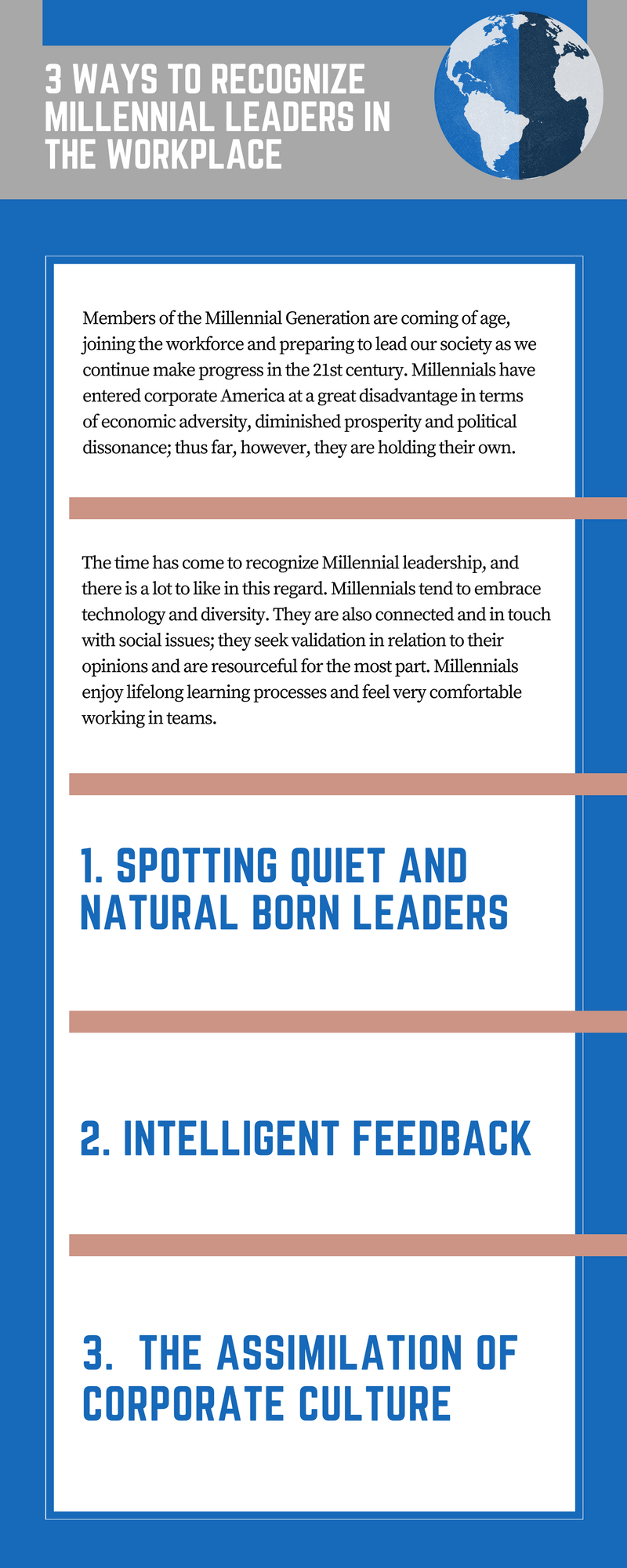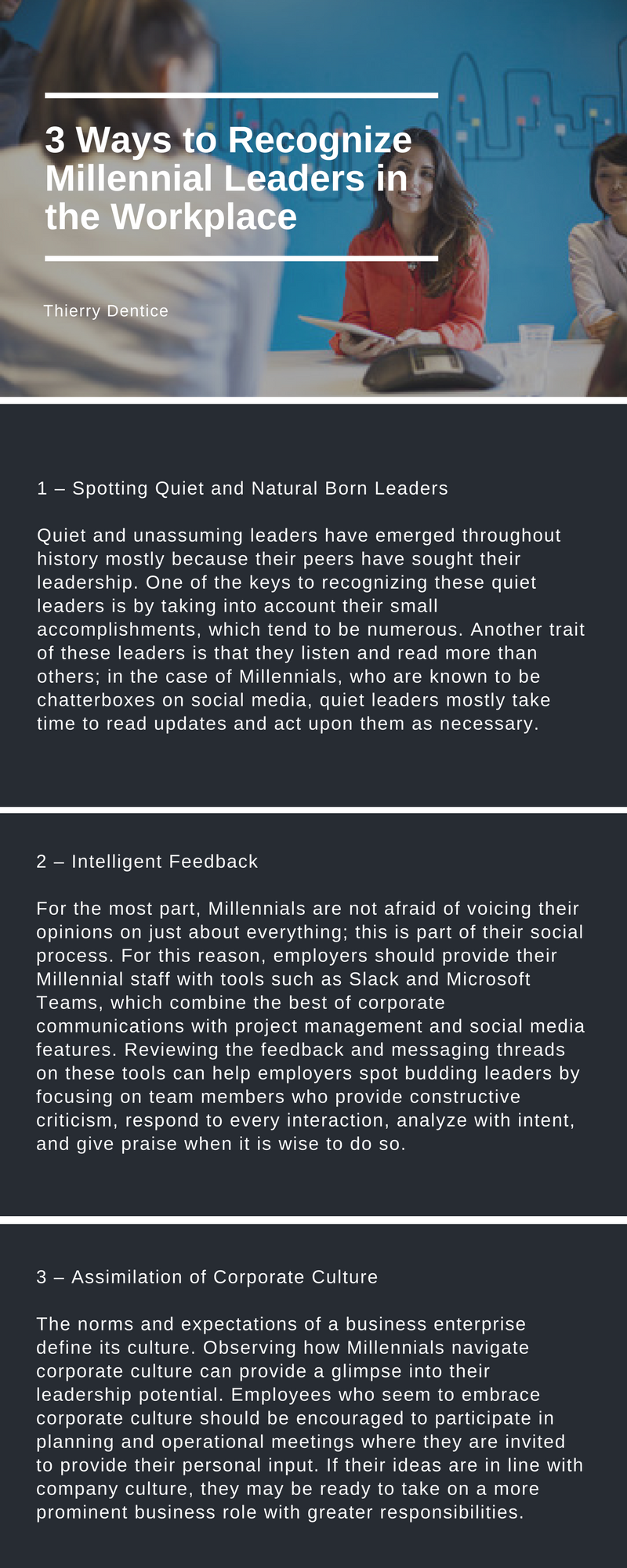Much the same as empires, pioneers or leaders can go back and forth with the circumstances. In any case, there are some that keep going for a very long time, and great leadership is the secret. Incredible pioneers can spur followers with motivation, help other people see and put stock in a dream, and lead well. Having an awesome leader in charge is something that humankind needs.
The following are some of the best pioneers that have had positive effects on the planet earth:
- Martin Luther King Jr.
Named Michael King Jr., he was an American Baptist priest and dissident who turned into the most unmistakable representative and pioneer in the Civil Rights Movement. He is best known for his part in uplifting social equality utilizing the strategies of peacefulness and common rebellion in light of his Christian convictions and motivated by the peaceful activism of Mahatma Gandhi. He was assassinated on April, fourth 1968 at 39 years old in Memphis, Tennessee, U.S.
- Mother Teresa
Mother Teresa, the Nobel Peace Prize champ in 1979, went for caring for the people who had no one to take care of them through her own request “The Missionaries of Charity.” She worked energetically towards her aim until her poor state of well-being – that included two heart assaults, pneumonia, and jungle fever – constrained her to venture down in March 1997 after which she took her last gasp in September 1997.
- Mahatma Gandhi
Gandhi was the pioneer of the Indian autonomy development against British control. Utilizing peaceful common insubordination, Gandhi drove India to autonomy and motivated developments for social equality and flexibility over the world. The honorific Mahatma (Sanskrit: “high-souled,” “revered”) — connected to him first in 1914 in South Africa — is presently used around the world. In India, he is likewise called Bapu (Gujarati: for “father” and Gandhi. He is informally called the Father of the Nation.
- Warren Buffett
Buffett is a standout among the best financial specialists on this planet. A few people have alluded to him as the “Wizard of Omaha” (his origination is Omaha, Nebraska), and he is reliably named as one of the wealthiest people in the world. He has additionally vowed to give away about 99 percent of his amassed riches to magnanimous causes after his passing.
- Bill Gates
Bill Gates established Microsoft, the world’s biggest PC programming organization, and every year, he is reliably close to the highest priority on the rundown of the world’s wealthiest people. Throughout the years, Gates has gradually progressed far from Microsoft and into humanitarian endeavors. His establishment, the Bill and Melinda Gates Foundation, is attempting to give clean water and sanitation (in addition to other things) to underdeveloped nations. Like Warren Buffett, Gates has likewise guaranteed to leave by far most of his riches to philanthropy.
These are just a few leaders who have greatly affected the world today positively.

















